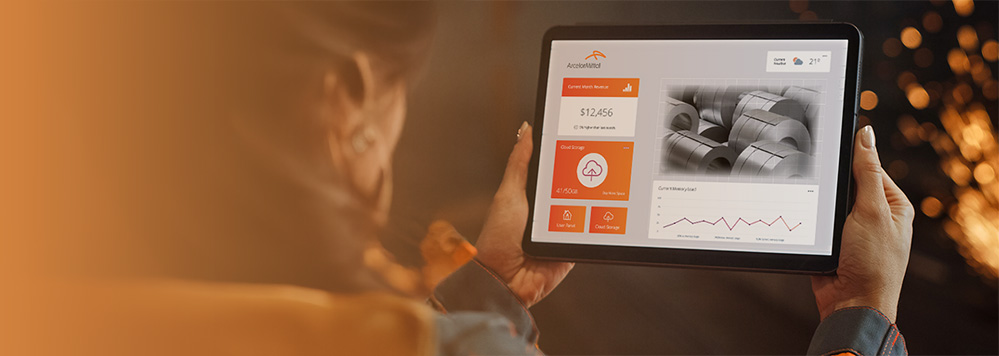Data has been touted as the new gold, and with good reason. Data holds the power to manage business growth and optimize spending. This is precisely why the data analytics market is growing at a rapid rate and businesses across sectors are leveraging the power of data to boost their ROI. Statistics indicate that the value of the big data market is expected to reach $103 billion by the end of 2027.
Procurement is a critical function of a business, which in turn depends on the seamless orchestration of multiple processes. Data analytics in procurement has gained a lot of traction in recent times because it enhances the procurement function. According to an Amazon Business report on procurement data, 98% of the respondents indicate that they intend to invest in analytics and insight tools, automation and artificial intelligence (AI) to optimise their procurement workflows over the next few years.
Significance of data analytics for procurement
Procurement is a strategic function that entails purchasing goods or services at the most optimum price, optimum quantity, and of the best quality. Procurement plays a critical role in the success of a business and its seamless functionality is imperative. However, the procurement function can be full of challenges and inefficiencies. One of the toughest challenges in procurement is extracting and analysing data. Lack of sufficient insights from data leads to poor decision-making.
This is where data analytics steps right in!
Data analytics in procurement refers to the process of obtaining insights from historical data of the organisation. These insights facilitate better decision-making, strategy, money making and spending practices, etc. Data analytics also helps identify bottlenecks and areas of improvement.
The procurement process works with different types of data sourced from multiple sources. Internal data in procurement includes information like supplier data, transactional data, data from the general ledger, other financial records of the company, and more. Procurement experts also need to work with data from sources that are external to the company’s internal records. Some examples of external data are information about suppliers, prices of commodities, bank information, market reports, etc. All this data can be leveraged to boost decision-making. Data analytics makes it possible.
Role of data analytics in different processes
Let us delve into certain areas of the procurement process where data analytics has a role to play.
Planning:
This is the stage where a business finalises the products and services it requires. A procurement plan guides the procurement process and ensures that the business procures the right products in adequate quantities at the right time. Data analytics helps in the accurate assessment of business needs.
Strategic sourcing:
Procurement analytics tools help in identifying new suppliers by running a search through potential new suppliers. After identifying a supplier, these tools can provide data about pricing, supplier quality, etc.
Contract management:
Data analytics provides procurement teams with information about contracts that need to be renewed or terminated, etc.
Procurement category planning:
Data analytics categorises all suppliers and information which helps category managers check data with ease.
Tracking supplier performance:
Businesses track their supplier performance over time to ensure that it continues to meet their needs. Data analytics provides information regarding the performance of suppliers that helps evaluate it against key metrics.
Optimising spend:
Data analytics helps identify spending patterns, understand the factors that drive spend, and determine the ways to optimise spend.
Data analytics removes guesswork from procurement decisions and replaces it with data-backed decisions. According to the Global Chief Procurement Survey by Deloitte, 50% of the respondents in the survey plan to use data analytics for cost optimization, 48% for process enhancement, and 45% for management reporting.
Data analytics in procurement goes through the entire process of insights into action by identifying what happened in the process, diagnosing why it happened, predicting what can happen, and determining what action should be taken. Technologies like RPA (Robotic Process Automation), artificial intelligence (AI), and machine learning (ML) power data analytics. RPA bots take over all manual tasks and boost their accuracy and speed. AI gathers data from disparate sources and analyses it to provide insights and ML algorithms make predictions which helps in optimising procurement processes. Generative AI, an advanced subset of AI, generates synthetic data that helps train ML models on data beyond the existing datasets.
Data analytics is the way ahead for businesses that want to optimise their procurement function. Data analytics in procurement streamlines various procurement processes to facilitate strategic decision-making providing the business with a competitive edge.
How can Infosys BPM Help?
Infosys BPM provides customized Procurement Category Planning solutions to businesses. We offer strategy formulation support and execution services across all direct and indirect categories. We leverage cutting-edge technology to provide procurement-focused futuristic solutions for developing efficient category planning.







